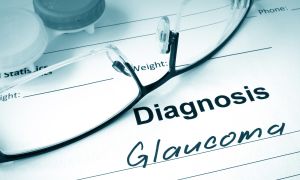Advertisement
Contacts come in various "curves," called base curves and this will help determine how the lens fits. But, there are other factors, including the size of the lens and its hydration that determine fit. For example, some lenses have more water in them than others, and may, or may not, dry out more on the eye. This could vary the fit. For the safest possible fit for your eyes, you should contact an ophthalmologist or optometrist who fits contact lens and see them for such a fit. Your eyes are precious, and if you get an improper fit, you may be susceptible to infections or poor corneal nutrition.
Continue Learning about Eye and Vision
Important: This content reflects information from various individuals and organizations and may offer alternative or opposing points of view. It should not be used for medical advice, diagnosis or treatment. As always, you should consult with your healthcare provider about your specific health needs.




